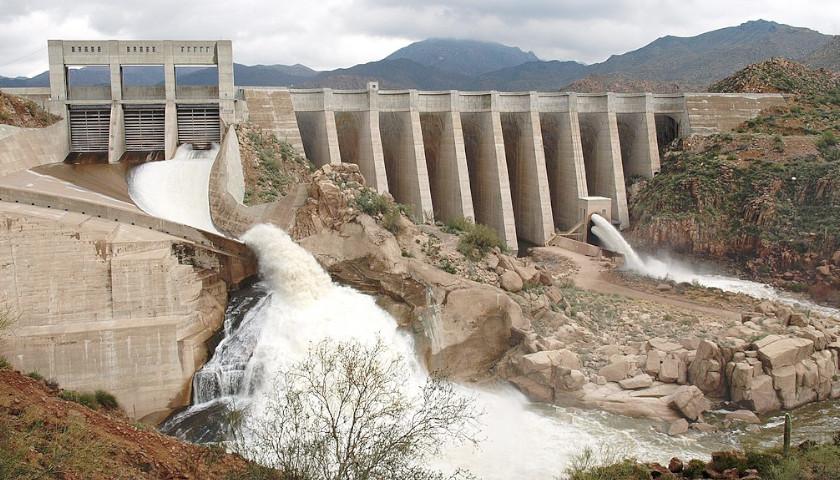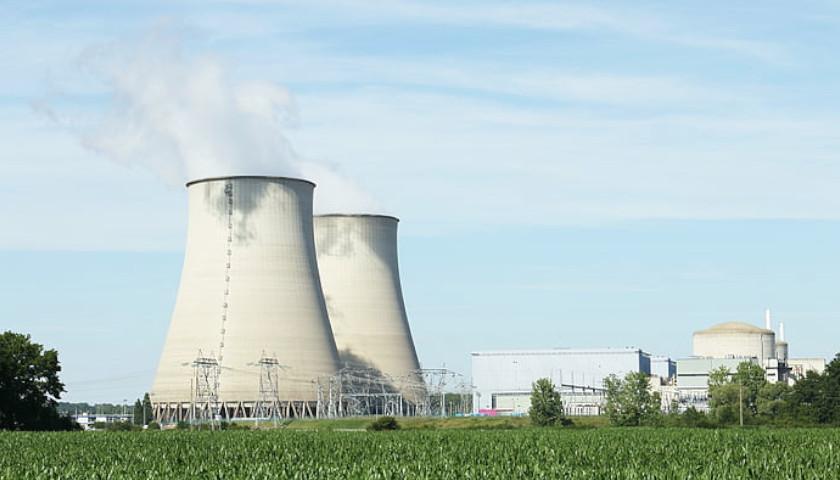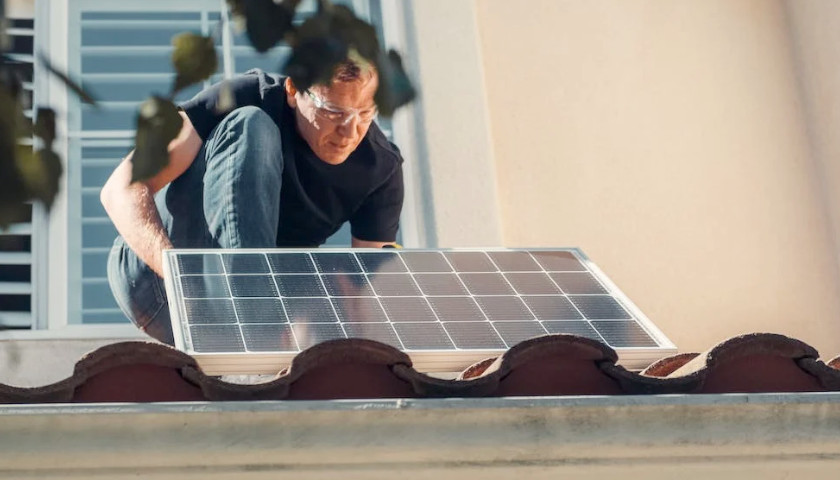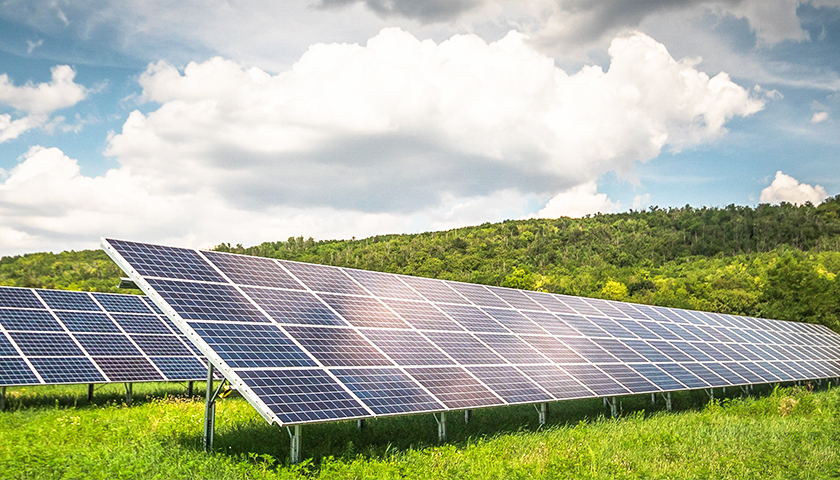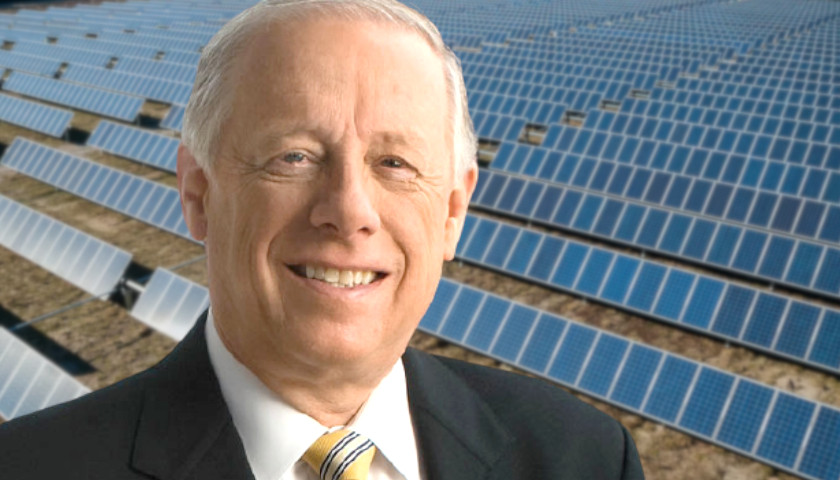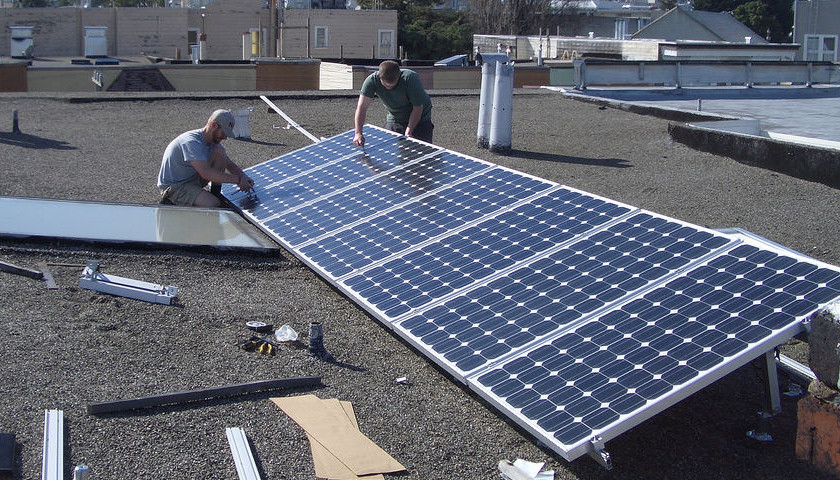A slate of self-described “clean energy” candidates who are reportedly engineering a “takeover” of the Salt River Project (SRP) Board say they want to increase Arizona’s reliance on renewable energy with a focus on “justice, equity and inclusion.”
The SRP Clean Energy Team of candidates for the SRP Board and Council elections, for which voting has commenced will conclude April 2, admits online that its “vision for SRP” involves “a diverse board” that intends to “address voting rights to give all customers a vote” and govern to “ensure justice, equity and inclusion, while prioritizing climate issues and sustainable clean energy” in Arizona’s energy generation.
Read the full story
